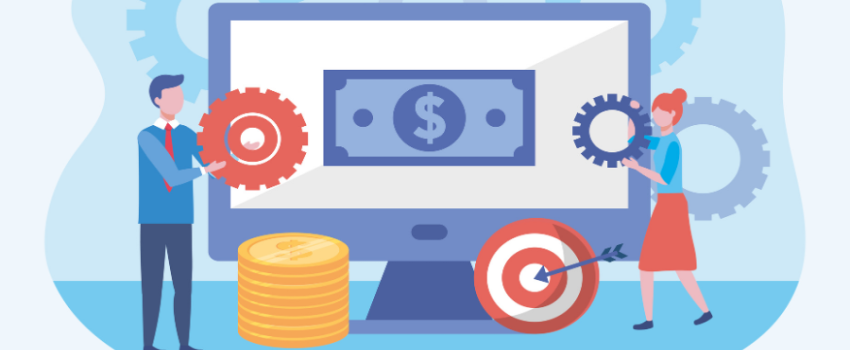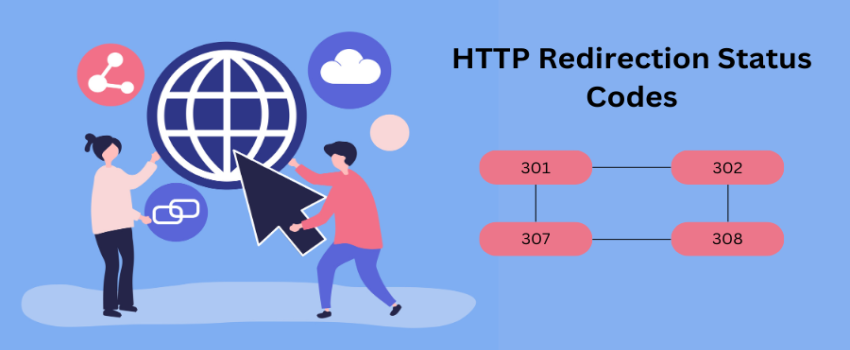How to Plan the Budget for Web Development and Understand the Cost

Introduction: Why Knowing the Cost of Web Development is Essential for Your Business.
In today's digital era, having a strong online presence is crucial for any business to thrive and stay competitive. A well-designed and functional website is at the core of this online presence, serving as a virtual storefront that connects you with potential customers across the globe. However, creating a website is not without its challenges, and one of the most critical aspects that every business owner must consider is the cost of web development.
Understanding the cost of web development is not just about knowing how much you need to invest; it goes beyond that. It's about making informed decisions, setting realistic expectations, and ensuring your website aligns with your business goals. Let's explore why knowing the cost of web development is essential for your business:
Budget Allocation:
Every business operates within a budget, and web development expenses can have a significant impact on your financial planning. Knowing the cost upfront helps you allocate funds appropriately, ensuring that you invest in areas that are crucial for your website's success. It prevents overspending or unexpected financial strains during the development process.
Avoiding Hidden Costs:
Web development involves various elements, such as design, coding, hosting, and ongoing maintenance. Without a clear understanding of the overall cost, you might overlook hidden expenses that can crop up during the development journey. By having a comprehensive understanding of the costs involved, you can plan for contingencies and avoid unpleasant surprises.
Quality and Value:
While cost is an essential factor, it should not be the sole deciding factor. By knowing the cost of web development, you can assess the value provided by different development options. Cheaper solutions may compromise on quality, leading to an ineffective website that fails to attract and retain visitors. On the other hand, investing in a well-designed, user-friendly website can result in higher customer engagement and increased conversions.
Customization and Scalability:
Understanding the cost allows you to determine whether you require a custom-built website or if a pre-designed template can fulfill your needs. Customization might incur higher costs but offers tailored solutions to match your unique business requirements. Additionally, considering scalability from the outset can save you money in the long run, as your website can adapt and grow with your business without major overhauls.
Return on Investment (ROI):
A website is an investment that should yield returns for your business. Knowing the cost of web development helps you analyze the potential ROI. By evaluating the impact a well-designed website can have on your sales, brand awareness, and customer acquisition, you can make an informed decision about how much to invest in your online presence.
Negotiating with Developers:
Having a clear understanding of the web development cost empowers you during negotiations with developers or agencies. It enables you to compare quotes, understand the services provided, and negotiate a fair deal that aligns with your budget and expectations.
Tips for Planning Your Web Development Budget and Avoiding Unexpected Costs
When embarking on a web development project, proper budgeting is essential to ensure the success of your online venture. Managing web development costs can be a daunting task, but with careful planning and foresight, you can avoid unexpected financial burdens and create a website that aligns with your business goals. In this article, we will provide valuable tips for effectively planning your web development budget and keeping expenses under control.
Define Your Project Scope:
Before setting a budget, clearly outline the scope of your web development project. Determine the key features, functionalities, and design elements you want for your website. Understanding your project's scope will help you identify potential costs and prevent unnecessary expenses arising from scope creep.
Research and Gather Quotes:
Seek out multiple web development agencies or freelancers and request detailed quotes for your project. Compare the pricing structures, services offered, and past project portfolios. Gathering quotes will give you an idea of the industry standards and allow you to choose a developer that best fits your budget and requirements.
Allocate Contingency Funds:
Unforeseen challenges may arise during the web development process, leading to additional expenses. It is wise to allocate a contingency fund within your budget to accommodate any unexpected costs that may surface during the project.
Prioritize Must-Have Features:
While it is tempting to include all possible features on your website, some may not be immediately necessary for its launch. Prioritize must-have features that are essential for your website's core functionality and user experience. Additional features can be considered for future updates after the website is up and running.
Opt for Phased Development:
If your budget is limited, consider phasing your web development project. Divide your website's features into phases and focus on building the core components first. This approach allows you to launch a functional website while giving you time to gather feedback and allocate resources for subsequent development phases.
Choose Open-Source Solutions:
Consider using open-source platforms and content management systems (CMS) to reduce development costs. Open-source solutions often come with a vibrant community of developers, providing regular updates, security patches, and a wide range of free or affordable plugins and themes.
In-House vs. Outsourcing:
Decide whether to develop the website in-house or outsource it to a web development agency or freelancer. In-house development may seem cost-effective, but it requires a skilled team and ongoing maintenance costs. Outsourcing to experts can ensure a professional outcome and potentially save time and resources in the long run.
Review Contracts Carefully:
If you choose to work with a web development agency, carefully review the contract and discuss the pricing structure in detail. Understand how additional features or revisions are handled and whether they incur extra costs. Clarity in the contract will protect both parties and help avoid misunderstandings.
Conclusion: The cost of web development is a critical aspect that every business owner should consider before embarking on their online journey. It affects your budget allocation, website quality, scalability, and potential return on investment. Being aware of the expenses involved helps you make informed decisions, ensure your website's success, and ultimately contribute to the growth and prosperity of your business in the digital landscape.











